It's been about three months since I last saw my brother, and while I'm looking forward to having him home, it's also a little nerve-racking when you consider the germs he could be bringing with him [1]. Like many college students who don't attend school close to home, my brother has to fly — an activity that's considered high risk [2] during the COVID-19 pandemic. Staying put isn't an option for many students, either, because most campuses close during winter break.
Thankfully, my family and I have had enough time to develop a game plan to not only get my brother home as safely as possible, but also to protect our family [3] once he's here. Here's how you can help keep the virus from spreading [4], too.
Get Tested Before Leaving Campus
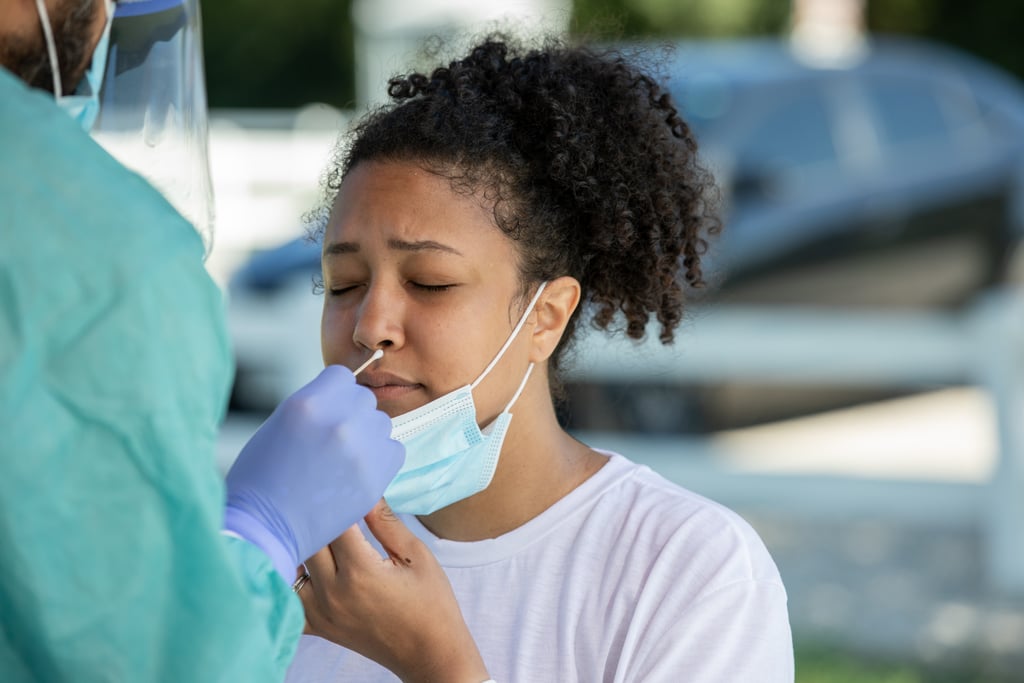
While you could still be exposed to the virus [5] before arriving home, Anthony Fauci, MD, director of the National Institute of Allergies and Infectious Diseases, recommends getting tested before leaving campus. "Between the testing place and going home you could get infected [6]. But if you're careful, you wear a mask and you test negative, you've diminished dramatically the likelihood there's going to be a problem," Dr. Fauci told The New York Times.
Many colleges across the country, my brother's included, are offering students free COVID-19 testing prior to heading home. Leaving with a negative test result can bring you and your family some peace of mind. Just don't rely on testing alone to protect your family.
Drive If You Can
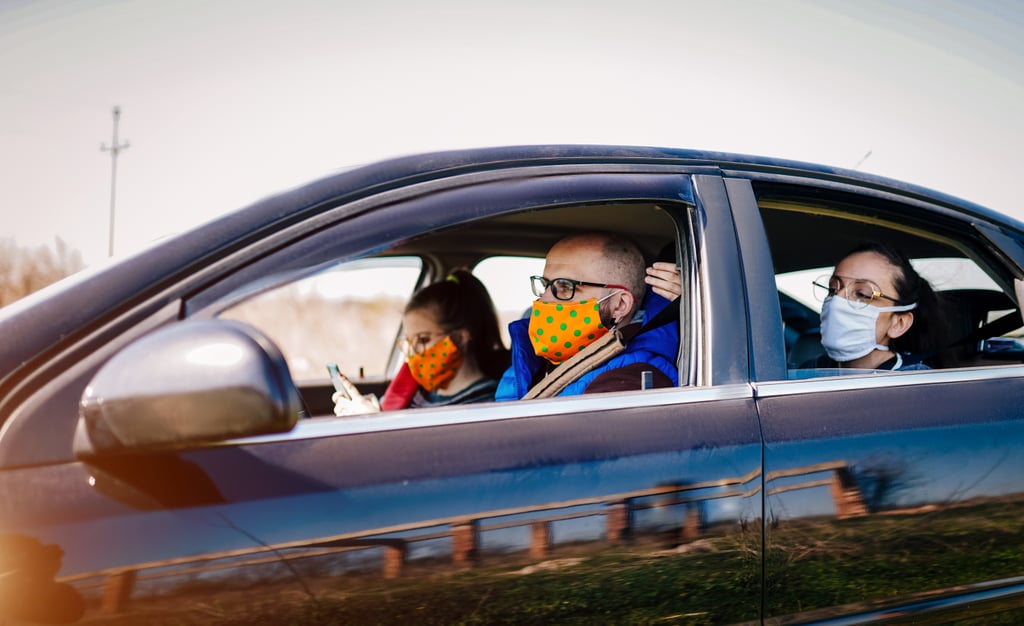
Because you could still be exposed while travelling, it's important to reduce your risk as much as possible, especially when travelling long distances. According to the Centres For Disease Control and Prevention (CDC), the safest way to travel is to drive without making any stops [7]. Every time you stop for a bathroom break, to grab food, or to get gas, you could be putting yourself at risk.
If you're carpooling with friends or getting picked up by family, consider limiting the number of people in the car [8] (that way, you can space yourselves out), wear a mask, open the windows, and pack your own food to avoid extra stops. If you need to fly or take another mode of public transportation, keep these safety tips and guidelines [9] in mind.
Save the Welcome-Home Hugs For Later
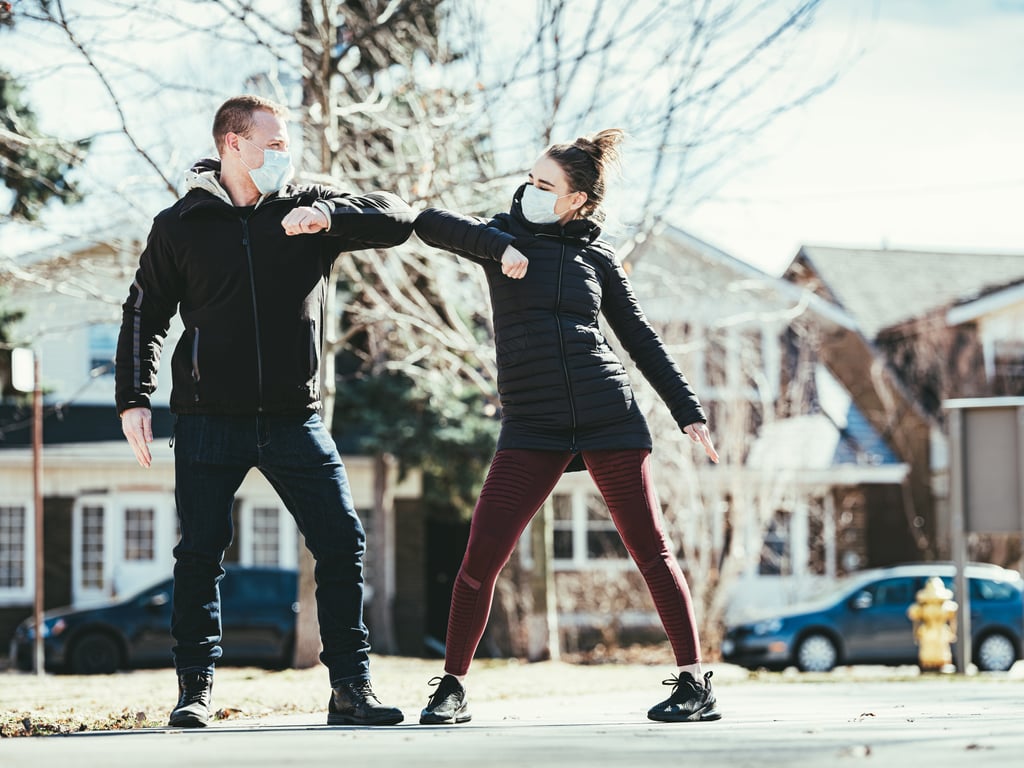
Nothing beats a welcome-home hug, but it's going be an elbow bump from me. Until you're more certain that you aren't infected, it's best to keep some distance from your family, especially those who are high risk. When you feel it's safer to go in for an embrace, there are some things you can do to protect yourself and your loved ones, like keeping your hugs brief [10], wearing a mask, and turning your faces in opposite directions.
Quarantine When You Get Home
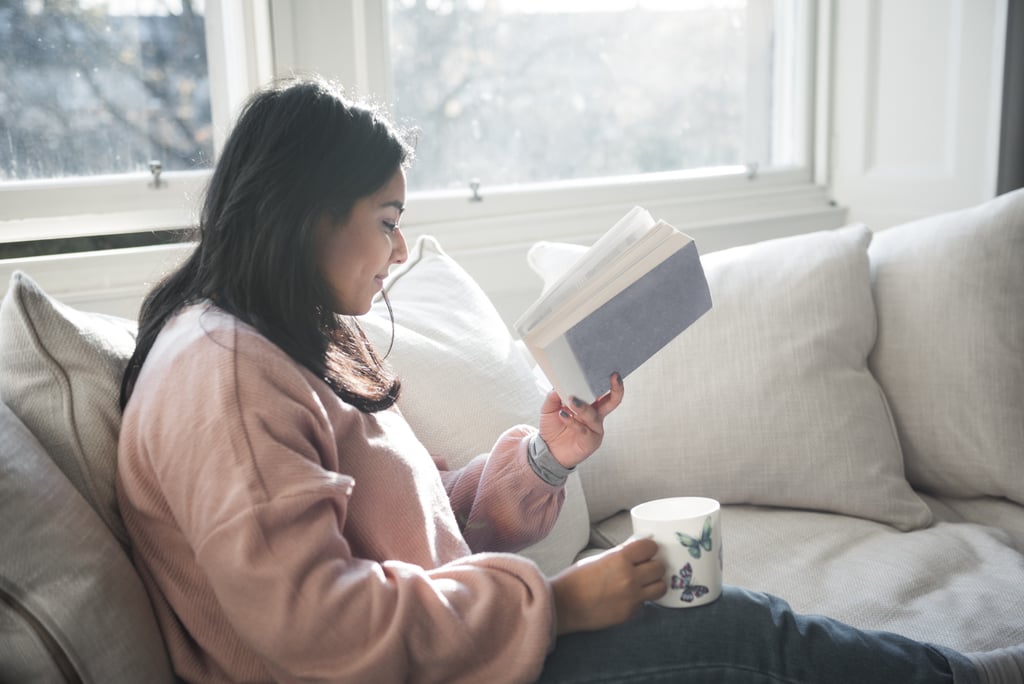
It can take up to 14 days for symptoms to appear [11], so even if you have a negative test result and feel healthy, you should quarantine as long as possible — and certainly no less than a week [12]. (If you can stay isolated from your family [13], even better.) Because my brother could have been exposed to the virus and we're living under the same roof, I'm staying at home, too.
Practice Social Distancing, and Wear a Mask
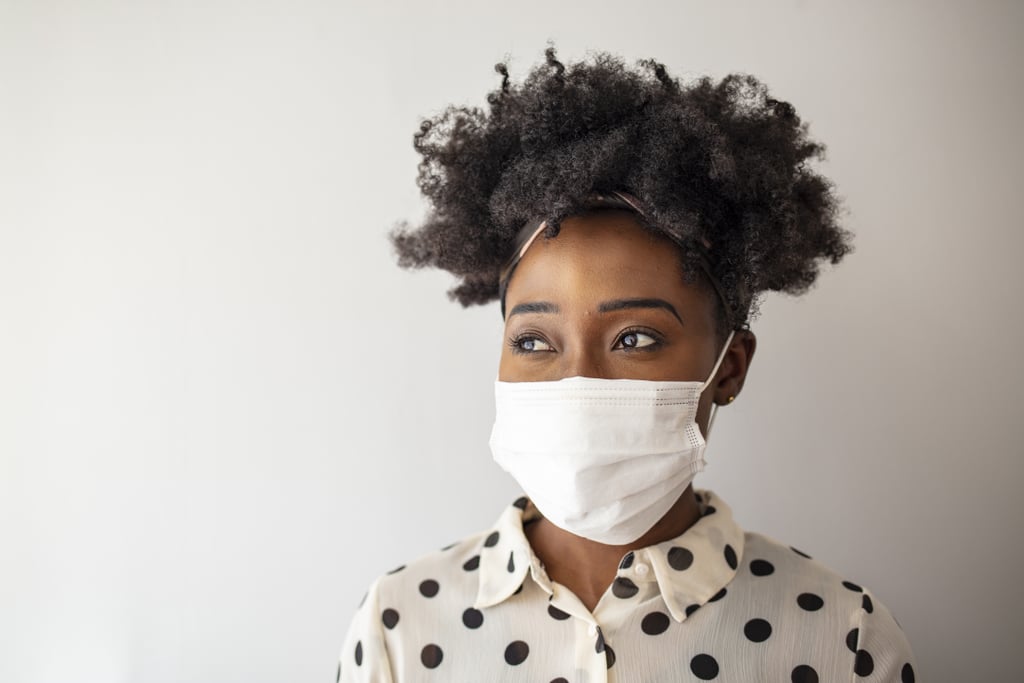
At the very least, in the days following your arrival, try to keep a safe distance from your family and wear a mask in common areas of your home. Masks offer some protection for the wearer [14], too, so encourage your family to do the same, especially if you live with anyone who is considered high risk [15]. My family will be wearing masks for at least the first few days, following the recommendations of experts. Asaf Bitton, MD, executive director of Ariadne Labs at Brigham and Women's Hospital and the Harvard T.H. Chan School of Public Health, told the NYT that it's also wise to ventilate your home, just as you would your car.
Disinfect High-Touch Surfaces Daily
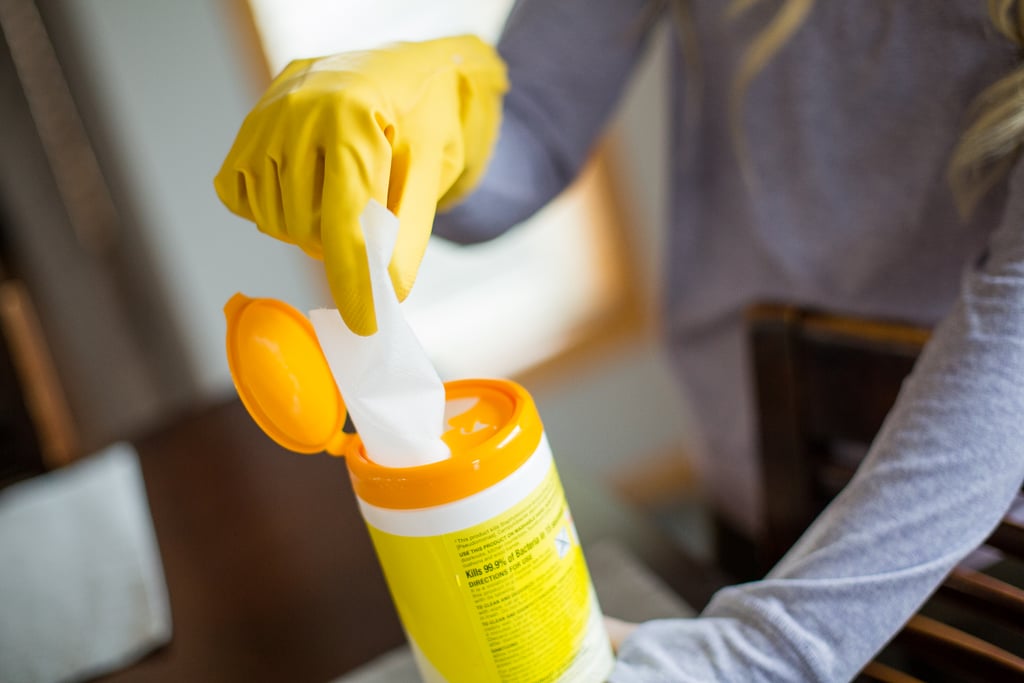
I replenished my disinfectant supplies, as well as my stash of hand sanitizer, so I can consistently clean high-touch surfaces (like doorknobs) after my brother arrives. At this point, it has become a daily routine and doesn't feel bothersome anymore. To determine which areas in your home are considered high-touch surfaces, check out this comprehensive list [16]. And if you're confused on which cleaning supplies to buy, read up on these EPA-approved picks.
Take Precautions When You're Out of Quarantine
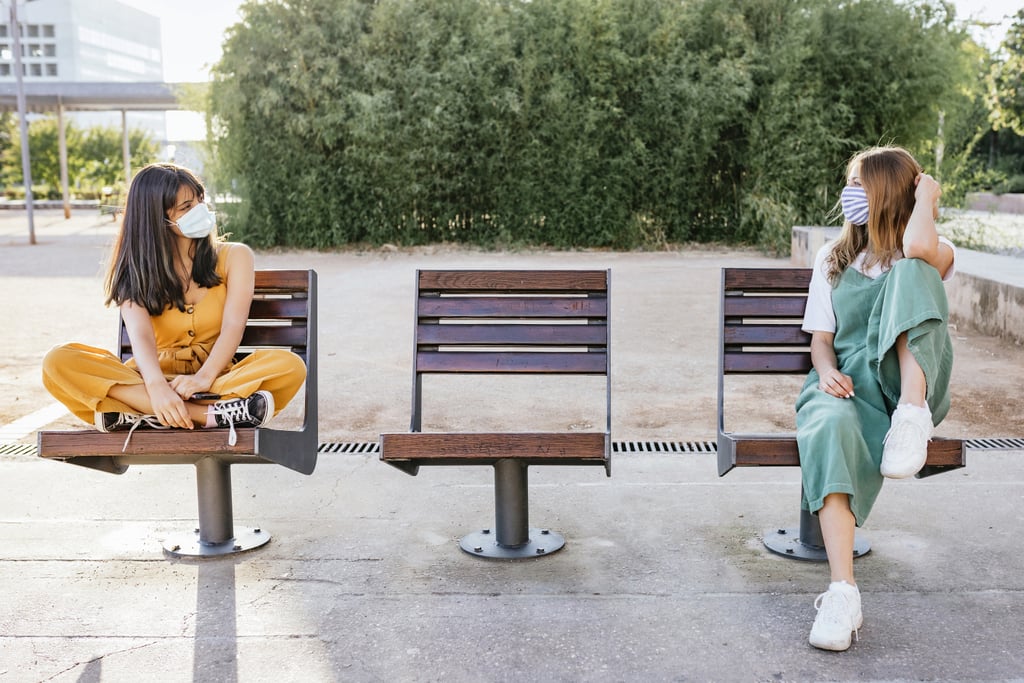
If it's been two weeks and you have no symptoms — and you haven't been in contact with anyone who's sick, either — you can officially venture out. But that doesn't mean you're off the hook. If you decide to catch up with friends from back home, it's important to familiarize yourself with state and local restrictions [17], which can be found with a simple internet search.
But regardless of the rules in your community, remember that protecting your pod — now, your family — requires taking some precautions. Just like you did at school, practice social distancing, wear a mask, and wash your hands [18]. Avoid large crowds, and meet up outdoors [19] if at all possible. It's the only way to prevent the spread and avoid a second lockdown [20].